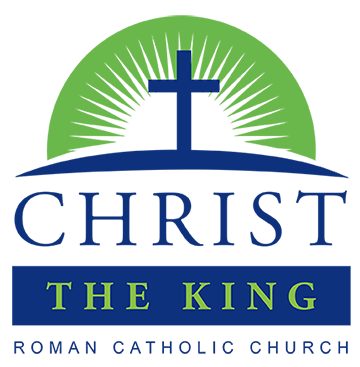Two points of Catholic law were widely argued days before Christmas. On December 18, the Vatican issued a short document called titled Fiducia Supplicans. (As usual, the title comes from the first words of the Latin text, which are translated “The supplicating trust.”) The media reported that the document allows priests to bless same-sex couples. Just as the Vatican seemingly liberalized a point of doctrine, that marriage is between a man and a woman, other Church officials took a strict approach on the obligation to attend Mass twice in 48 hours.
Mass attendance is addressed in canons 1246-1248 of the Church’s legal code (yes, it has a legal code). It states that all Sundays and a handful of feast days, including Christmas, are “holy days of obligation” so that Catholics must “assist at” (attend) Mass on these days. It allows Catholics to fulfill their obligation on the feast day itself or the evening before. December 24 was a Sunday, so I said it was possible to attend Christmas Eve Mass (at Christ the King Church, the 4, 6, or 9 PM Masses) and satisfy both the obligation to attend Mass on Sundays and to attend Mass on Christmas. Some minor Church officials denied this, but without clear reasoning. Canons 1246-1248 do not contain a “no double dipping” clause.
While Fiducia Supplicans maintains that sacramental marriage is between a man and a woman, priests should feel free to bless same-sex couples (and other couples in “irregular situations”) who “spontaneously ask” for a blessing. I imagine the couple approaching a priest after Mass. That happens occasionally here – couples requesting an anniversary blessing or parents, a blessing for their child on a birthday – but it happens frequently in parishes with Hispanics, for instance, who ask for blessings for a wide range of reasons. Since such blessings are not formulaic, the priest has wide discretion, and I argue this Vatican document was unnecessary. It grants permission for something that was already in a priest’s discretion while risking misunderstanding and abuse. Jesuit Fr. James Martin, for instance, was photographed blessing a gay couple in The New York Times. How did the photographer manage to capture a “spontaneous” blessing?
The Church’s mission is sharing the salvation that Christ merited for humanity by his death and Resurrection. A strict application of the Church’s own laws is not consonant with this mission, nor is withholding simple blessings if sincerely sought.
